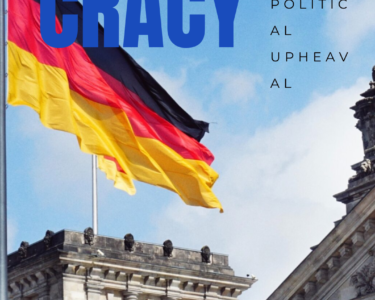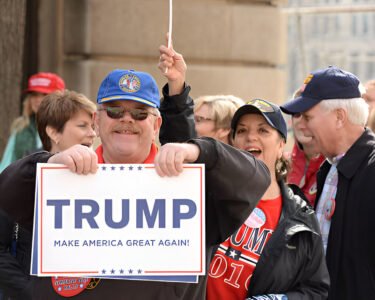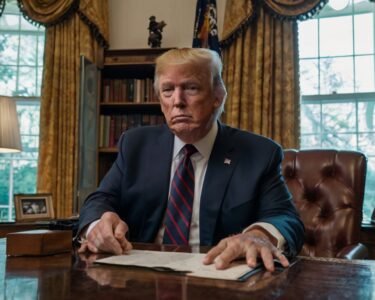In the heart of New York City, a storm is brewing at Columbia University. The recent suspension of Shai Davidai, a controversial assistant professor known for his vocal pro-Israel stance, has ignited a fierce debate on campus and beyond. This move has thrust issues of free speech, academic freedom, and campus safety into the spotlight, challenging the university to balance diverse perspectives with the need for a respectful learning environment.
A Campus Divided: The Incident and Its Aftermath
Shai Davidai, a prominent figure in the academic community, found himself at the center of controversy following a series of confrontations on campus. According to reports, Davidai engaged in heated exchanges with anti-Israel protesters and allegedly exhibited behavior deemed threatening by university officials. These incidents coincided with heightened tensions marking the anniversary of a significant conflict involving Hamas, adding fuel to an already volatile situation.
In response, Columbia University took the drastic step of revoking Davidai’s access to certain campus areas, citing the need to ensure the safety and well-being of all students and staff. This decision has sparked a polarized reaction, with some applauding the university’s actions as necessary, while others decry it as an infringement on academic freedom.
Free Speech vs. Campus Safety: Navigating the Fine Line
The suspension of Davidai has reignited the perennial debate over free speech and its limits within academic institutions. Advocates for Davidai argue that his suspension sets a dangerous precedent, potentially stifling robust debate and discussion essential to the academic experience. “Universities are bastions of free thought and expression,” notes Dr. Michael Feldman, a professor of political science. “Suppressing a voice, regardless of how contentious, undermines the very foundation of academic freedom.”
Conversely, others emphasize the importance of maintaining a safe and inclusive environment for all members of the university community. “While free speech is a core value, it cannot come at the expense of others’ safety and sense of belonging,” asserts Sara Martinez, a student leader. This sentiment underscores the challenges faced by universities in fostering open dialogue while ensuring that all interactions remain respectful and non-threatening.
Broader Implications: A Microcosm of National Tensions
The situation at Columbia is reflective of broader national tensions surrounding the Israeli-Palestinian conflict, which often manifest on college campuses. These debates frequently lead to intense confrontations, forcing university administrations to navigate complex issues of speech, safety, and community values.
As institutions of higher learning grapple with these challenges, the Columbia incident serves as a case study in the delicate balance between protecting individual rights and maintaining communal harmony. It raises critical questions about the role of universities in mediating political discourse and the extent to which they should intervene in campus conflicts.
Conclusion: A Call for Dialogue and Understanding
The suspension of Shai Davidai at Columbia University is more than just a campus controversy; it is a reflection of the deeply entrenched divisions within society. As the university and its stakeholders continue to navigate this complex situation, there is a pressing need for dialogue and understanding. Encouraging open and respectful discussions about contentious issues can pave the way for greater empathy and cooperation among diverse groups.
Ultimately, the Columbia saga challenges us to reflect on the values that underpin our academic institutions and society at large. It calls for a renewed commitment to fostering environments where all voices can be heard, and differences can be navigated with respect and civility. As we move forward, these conversations will be essential in shaping the future of free speech and academic freedom in a rapidly changing world.




